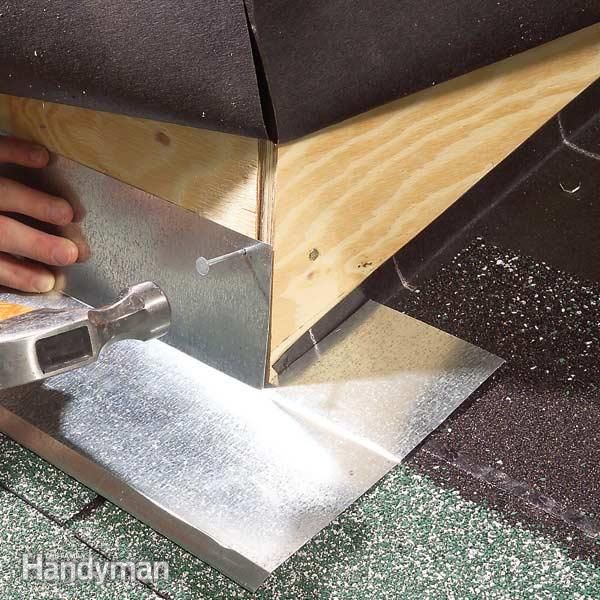Replace Lead Flashing Roof

Pry and lift off the flashing.
Replace lead flashing roof. To prevent water from entering roof penetrations. It can be made of galvanized steel copper aluminum or even vinyl you will find it under the shingles running along the peak of a roof but also around chimneys vent pipes and skylights. First step flashing must be installed before the siding so that the siding can cover the top of the flashing. Position a new vent pipe flashing over the vent push it down into place and nail where shingles will cover it.
Replace the shingles and cover the nail heads with roofing cement. Since flashing is relatively inexpensive in the majority of cases it pays to replace it. Pull or cut off any nails. Second step flashing needs to extend 8 to 14 inches above the shingles according to the national roofing contractors association nrca.
Lead flashing on your roof helps protect the edge of your roof where tiles meet brickwork such as your chimney or any skylights. This should take one man half a day plus materials. Add 2 more days plus more lead. The flashing is located at intersection points on your roof in spots such as peaks and valleys where water is likely to collect and pool.
Ubiflex lead flashing alternative ubbink s ubiflex lead free flashing is becoming more and more popular thanks to its ease of use and speed of installation. If this becomes damaged for any reason it can cause similar problems to missing tiles. Ubbink s ubiflex lead flashing alternative is available in a range of thicknesses and colours so roofers can closely match the colours to the roofscape if they wish or they can opt for a classic lead look. Flashing serves a single purpose.
To replace flashing around the vent pipe first remove the shingles covering the flange at the back and sides. Same job as above but to replace all the soakers as well. To fit a new lead apron flashing about 18 feet long along the brick wall of your house where it meets a flat roof to stop water getting into the garage for instance.














































